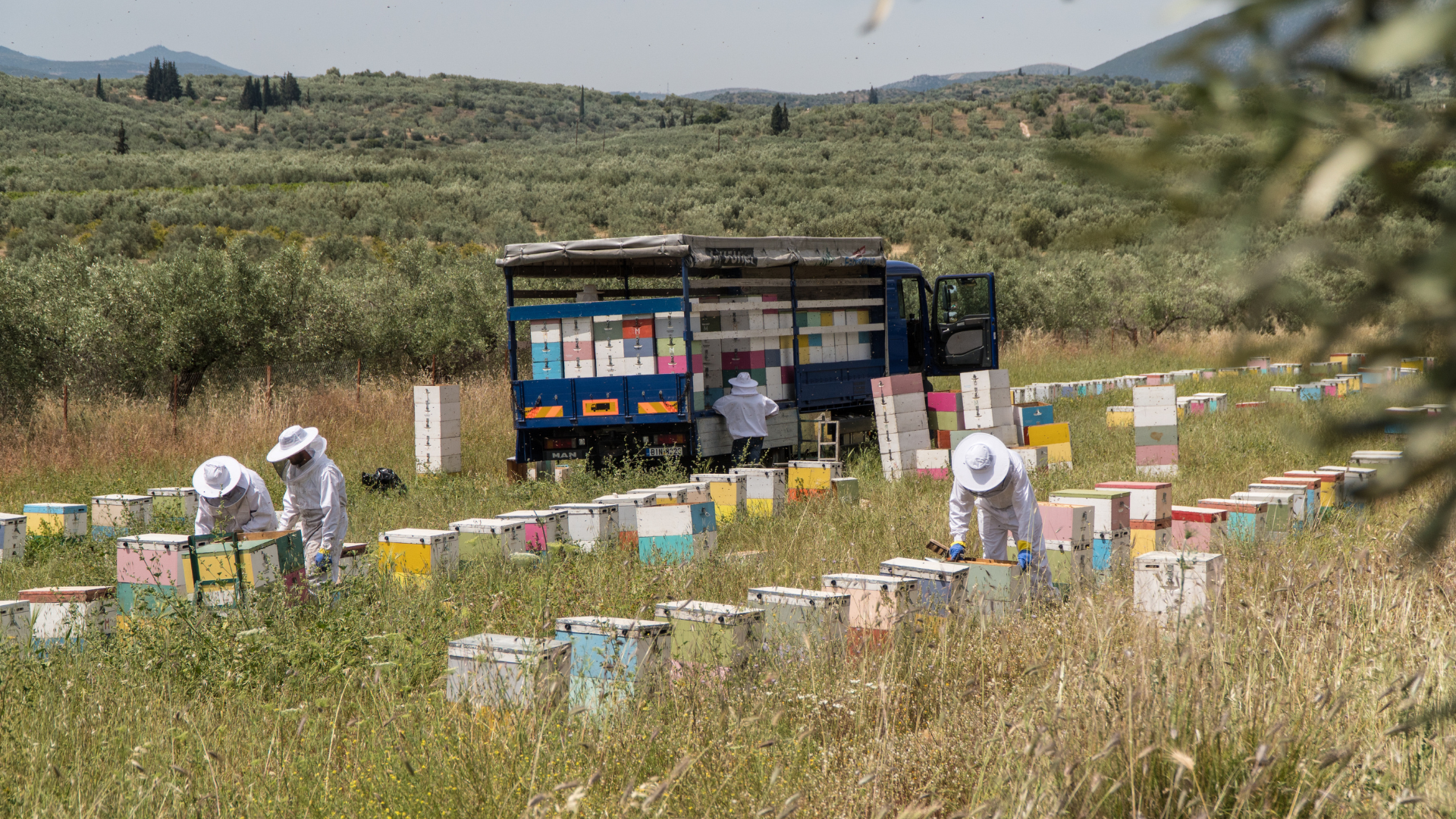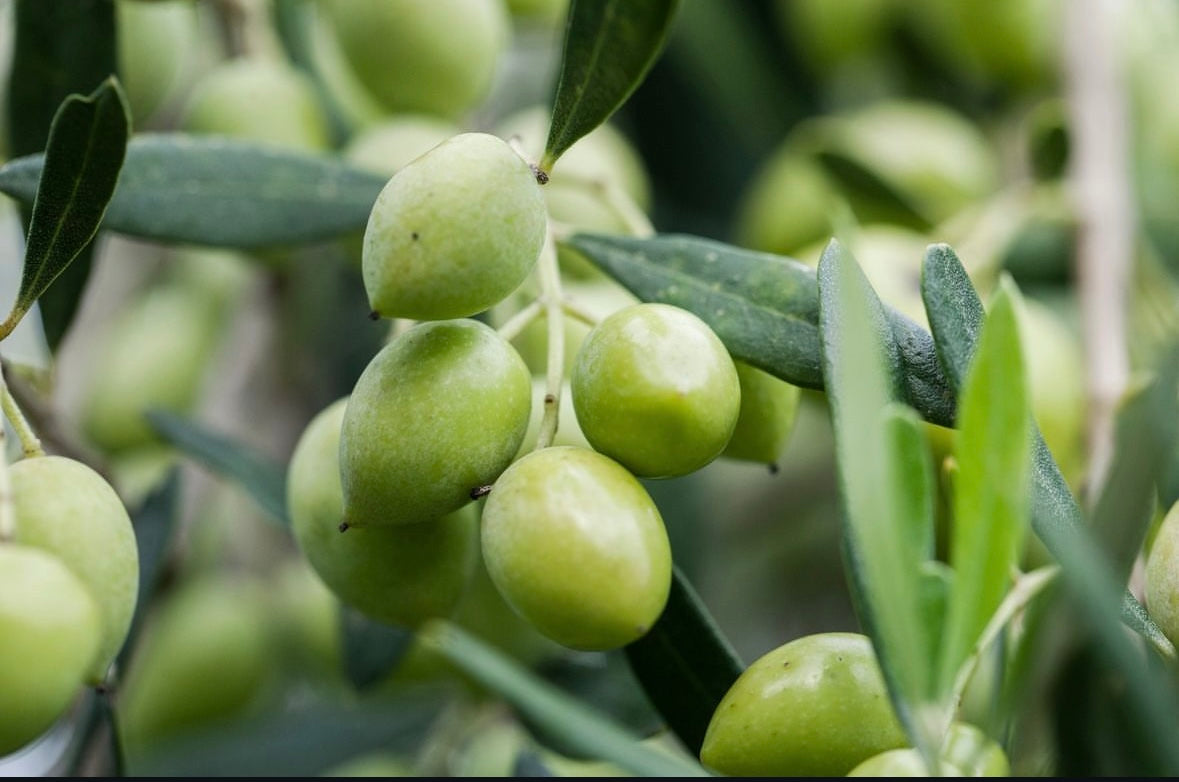The Timeless Art of Nomadic Beekeeping in Greece
·

·
The Timeless Art of Nomadic Beekeeping in Greece
Nestled among the sun-soaked mountains, rugged coastlines, and sprawling olive groves of Greece lies an ancient tradition: nomadic beekeeping. This age-old practice, rooted in harmony with nature, produces some of the world’s finest honey while preserving Greece’s delicate ecosystems.
What Is Nomadic Beekeeping?
Unlike stationary beekeeping, where hives remain in one location year-round, nomadic beekeeping involves moving hives seasonally to follow the bloom of specific flowers. In Greece, where diverse flora thrives thanks to its varied climate and terrain, this practice ensures bees have access to a continuous supply of nectar throughout the year.
Nomadic beekeepers in Greece typically transport their hives to regions rich in thyme, pine, heather, and wildflowers, producing distinctive honeys with unique flavors and aromas. The method not only benefits the bees by providing them with abundant foraging opportunities but also enhances the pollination of native plants, contributing to biodiversity.
The Journey of Greek Beekeepers
The life of a Greek nomadic beekeeper is one of constant movement and deep connection with the land. Starting in early spring, when the first blooms appear, beekeepers might travel to the Peloponnesian mountains for wild thyme. As summer progresses, they might relocate their hives to the forests of Halkidiki, famous for its pine honey, or the heather-filled fields of Epirus in the autumn.
Transporting hives requires careful planning and a deep understanding of bee behavior. Beekeepers often move their hives during the cool hours of the night to minimize stress on the bees. Each move is a balancing act between ensuring the bees have fresh forage and maintaining the quality of the honey.
Why Nomadic Beekeeping Thrives in Greece
Greece’s unique geography and climate make it an ideal home for nomadic beekeeping. The country is blessed with over 6,000 species of plants, many of which are endemic. Mediterranean herbs such as thyme, oregano, and sage thrive in abundance, imbuing Greek honey with its distinctive taste.
Moreover, the tradition aligns seamlessly with Greece’s small-scale, sustainable agricultural practices. Many nomadic beekeepers are also olive farmers, shepherds, or winemakers, blending beekeeping into their holistic relationship with the land.
The Fruits of Their Labor: Greek Honey
The honey produced by nomadic beekeeping is a testament to the practice’s harmony with nature. Thyme honey, one of Greece’s most renowned varieties, is light amber with a robust, aromatic flavor. Pine honey, darker and less sweet, is rich in minerals and prized for its health benefits. Heather honey, harvested in the fall, has a unique reddish hue and a slightly bitter aftertaste.
These honeys are not only culinary treasures but also celebrated for their medicinal properties. Packed with antioxidants, enzymes, and antibacterial qualities, they reflect the purity of the Greek countryside.
Challenges in the Modern Era
While nomadic beekeeping is a beautiful tradition, it faces increasing challenges. Climate change threatens the predictable bloom cycles that beekeepers rely on, while urbanization and pesticide use endanger bee populations. Despite these hurdles, many Greek beekeepers remain committed to their craft, preserving this vital heritage for future generations.
A Living Legacy



Comments